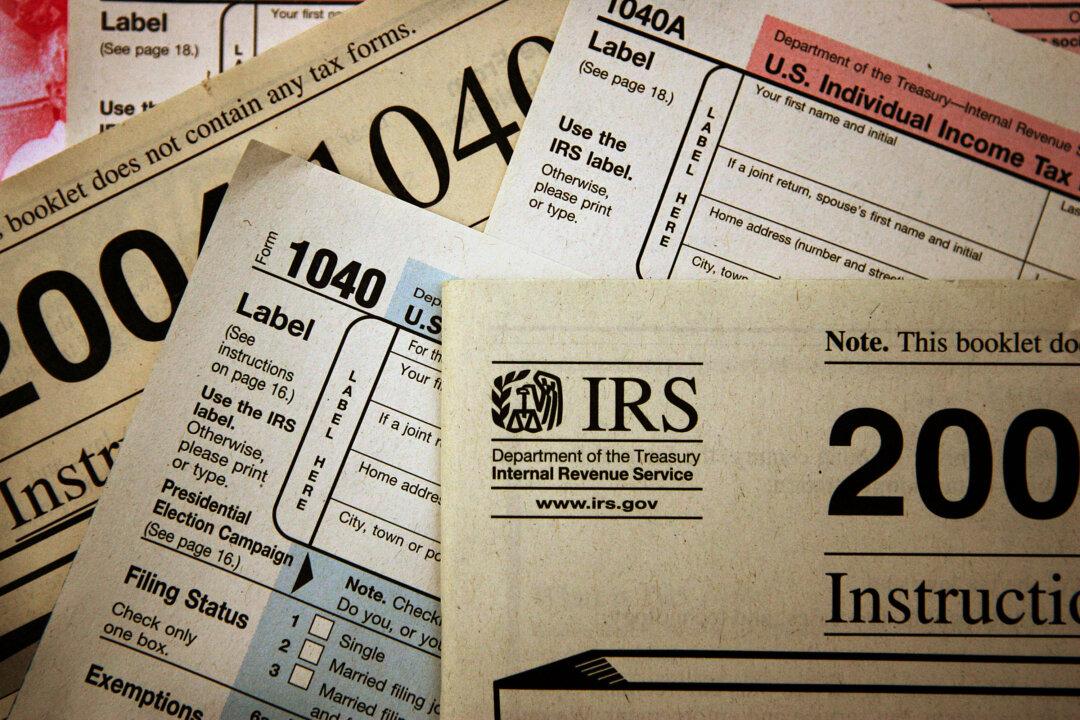President Joe Biden’s student loan forgiveness program has sparked a flurry of questions, including its effect on inflation and whether it’s fair to saddle some taxpayers with the burden of paying off others’ debts.
Now the Tax Foundation has raised another—will it trigger tax liabilities for beneficiaries of the plan?





